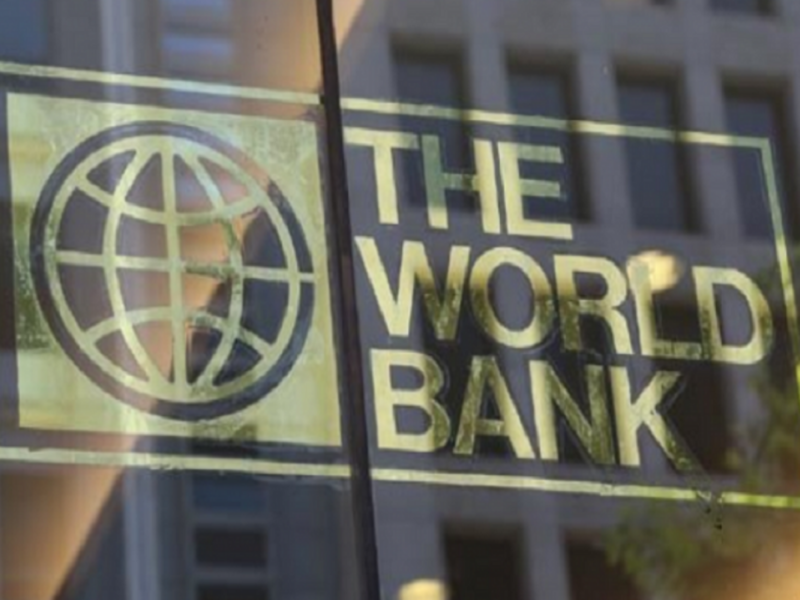
EU adopts new rules to significantly cut packaging waste with re-use targets
The European Union has formally adopted a regulation on packaging and packaging waste. The new ...

The World Bank approved allocating $100 million to enhance investments in basic education in disadvantaged and remote communities.
The Sindh Early Learning Enhancement through Classroom Transformation (SELECT) project will focus on strengthening reading and comprehension skills of primary-level students, skills which are foundational to early learning.
The project will also institute an adaptive education system to better manage school disruptions and mitigate future school dropouts. This will be achieved using innovations in technology and communications to help students return to and stay in school when they expect to fully reopen in August this year.
“School closures brought on by the COVID-19 pandemic have disproportionately affected children, especially girls, from low-income households and hard-to-reach rural areas across the Sindh Province,” said Najy Benhassine, World Bank Country Director for Pakistan.
“The SELECT project aims to tackle learning poverty in the Province’s most vulnerable communities. It will mainly focus on early learning and ensure a safe learning environment that is equipped for remote learning, so that students can continue education in case of further school closures.”
The project aims to transform teaching practices for early learning through professional development programs. These programs offer interactive, distance-learning techniques using audio-visual tools that complement in-class literacy lessons and include new teaching and reading materials geared to foundational learning. It will also upgrade school infrastructure to ensure safe learning environments, particularly for girls through grade eight. Upgrades will ensure proper ventilation and lighting, drinking water and sanitation facilities, and designs that consider natural hazards in communities at risk. It also aims to support educators in implementing a new student attendance monitoring system to take proactive measures to improve retention rates and literacy.
“SELECT will benefit more than 1.25 million students annually in grades 1-8, across 12 districts in Sindh Province where learning indicators and gender equity are low,” said Shahram Paksima, Task Team Leader for the project.“The project will bolster the education system by training 3,500 teachers, 1,300 subject coordinators, and 600 headmasters who are responsible for resource management, as well as upgrade facilities in more than 500 schools.”
The project is financed by a credit from the International Development Association (IDA), the World Bank Group’s low-interest arm. An additional $55 million will be in grant financing from the Global Partnership for Education, which aims to accelerate progress in achieving universal primary education and gender equality.
The European Union has formally adopted a regulation on packaging and packaging waste. The new ...
Inaugurating the Abydos Solar Power Plant in the Upper Egypt governorate of Aswan represents a ...
Businesses that fail to adapt to climate risks like extreme heat could lose up to ...


اترك تعليقا